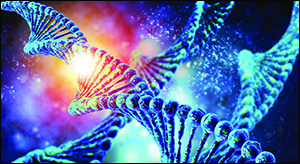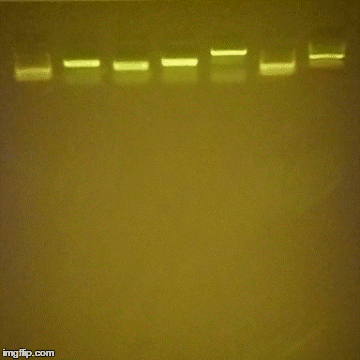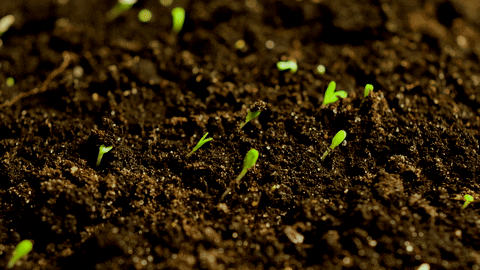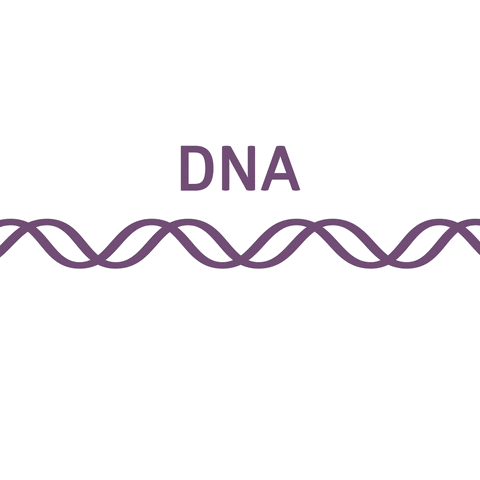Objective of Course :
The main objective of this course is to initiate the student in understanding the in vitro study of the biological properties that contribute to the prevention, diagnosis, prognosis and monitoring of diseases and disease states in humans
Learning Outcomes :
On completion of the course the student will be able to do the following:
CO1. Demonstrate a thorough understanding of the normal physiology of each organ system of the body.
CO2. Able to apply a thorough understanding of the basic physiologic concepts in clinical scenarios.
CO3. Demonstrate the ability to identify basic abnormal physiologic conditions and to describe their nature.
CO4. The knowledge of the mechanisms by which the human organism obtains and maintains the homeostasis at level of cell and tissue.
CO5. Relate laboratory results to clinical diagnosis and relationship to heart,liver, kidney and pancreas function.
CO6. Correlate laboratory test results with common diseases or conditions

- Teacher: Dr. PRATHYUSHA YAMARTHI
Objective of Course :
The main objective of this course is that students will understand the scientific process, in the context of learning the fundamental biological and chemical facts of molecular biology.
Learning Outcomes:
On completion of the course the student will be able to do the following:
CO1. Understand significant discoveries and theories through the historical progress of biological scientific discoveries, and their impacts on the development of molecular biology.
CO2. Compare the structure of eukaryotic cells with the structure of simpler prokaryotic cells.
CO3. Explain the fundamental structure, properties and processes in which nucleic acids play a part.
CO4. Explain the molecular mechanisms by which DNA controls development, growth or morphological characteristics of organisms.
CO5. Apply the fundamental rules for occupational safety in the laboratory, with the proper use and maintenance of equipment.
CO6. Exhibit clear and concise communication of scientific data.

- Teacher: Dr. PRATHYUSHA YAMARTHI
Course Summary
Molecular Plant Breeding provides us deeper knowledge about the application of molecular biology tools in the field of plant biotechnology. It provides us the principles of plant breeding with methods such as self and cross-pollination and the limitation in the conventional methods so that it would help us to develop the molecular tools for the application in plant breeding. This provides us the knowledge for the construction of molecular maps and with these mapping tools to identify the molecular markers which could be used in plant breeding. With the application of marker-assisted selection (MAS), the selection of traits, their association, different breeding methods such as hybrid breeding, back cross and recurrent selection, gene pyramiding and also it could be used for selecting the germplasm.
Course Objectives
- To learn about the principles of plant breeding and differences related to conventional methods
- To learn different molecular tools used for plant breeding and their mapping techniques
- To understand the basics of mapping and their application in plant breeding
- To understand the application of molecular markers and marker-assisted selection with concepts of gene pyramiding and germplasm selection
Course Outcomes
CO 1: Students will be able to understand the principles of plant breeding and the limitation of conventional methods.
CO 2: It will help them to understand different molecular tools used for plant breeding.
CO 3: It would also help the student to learn about molecular mapping.
CO 4: Students will be able to understand the basics of mapping with application in plant breeding to identify the molecular markers.
CO 5: Students will be able to explain the application of marker-assisted selection for the selection of traits and their association and different breeding methods.
CO 6: Students will be able to describe the concepts of gene pyramiding and germplasm selection.
- Teacher: Dr. SRINATH NAGANATHAN
Course Summary
Plant Biotechnology deals with the basics of plant tissue culture technique and methodology with more implementation and application of biotechnology tools and nutrient supplements for the better growth of plant saplings. This would help to understand the various application of plant tissue culture technique helping the farmers and agriculture market to get the growth in lesser environmental conditions and also could preserve the seeds by cryopreservation methods. The application of transgenic plants by altering the genes with the help of various enzymatic and recombinant tools would be able to produce a new variety of plant species with climate-friendly and beneficial quality for greater production.
Course Objectives
- To learn the basics of plant tissue culture and the concepts related to the nutritional requirement for their growth
- To understand the methods for preparing the media, its sources with sterilization of explants and growth conditions
- To understand the basics of micropropagation, embryo culture, etc., and to learn the cryopreservation techniques.
- To learn about the basics of transgenic plants and their application in various conditions.
Course Outcomes
CO 1: Students will be able to understand the basics of plant tissue culture and concepts related to the nutritional requirement
CO 2: It helps the student understand about the preparation of media, its sources with sterilization of explants and requirement of growth condition
CO 3: It will help them to understand the application of plant tissue culture with basics of micropropagation, embryo culture, etc.
CO 4: Students will be able to learn about the cryopreservation methods used to preserve the explants, embryo, and seeds.
CO 5: They will be able to explain the basics of transgenic plants and their application based on the climate and environmental factors
CO 6: Students will be able to describe the concepts and application of transgenic plants with enhanced nutritional, stress tolerance and infection tolerance features.

- Teacher: Dr. SRINATH NAGANATHAN
Course Summary
Molecular biology explains the molecular activity in biological species relating to the bio-molecular interactions in the cell including the interactions between the DNA, RNA, protein, and biosynthesis as well as the regulation of these interactions. The r-DNA technology is the recombinant DNA technology used as the application tool in various agricultural as well as medicinal benefits by identifying and altering the genes with the help of various enzymatic and recombinant tools.
Course Objectives
- To learn the basics of molecular biology and concepts related to biomolecules
- To understand the principles and role of different biomolecules in their interaction and function in biological systems
- To learn the gene expression and regulation of prokaryotes and eukaryotes
- To understand the basic concepts of r -DNA technology and their application in a different field with molecular tools
Course Outcomes
CO 1: Students will be able to understand the basics of molecular biology and concepts related to the interactions of the bio-molecules.
CO 2: They would understand about the various principles and mechanism of interaction between DNA, RNA, Proteins, and bio-molecules.
CO 3: It would help them to learn the smooth functioning of the biological system for understanding the basics concepts of central dogma and their functions
CO 4: Students will be able to understand the gene expression and regulation in Prokaryotes and Eukaryotes
CO 5: Students will be able to explain the basics of r-DNA technology with the deep understanding of cloning and various enzymes involved in the reactions.
CO 6 Students will be able to describe the basic concepts, application of r-DNA technology and different molecular tools used in the transfer of DNA and RNA molecules for application in agriculture and medicine

- Teacher: Dr. SRINATH NAGANATHAN